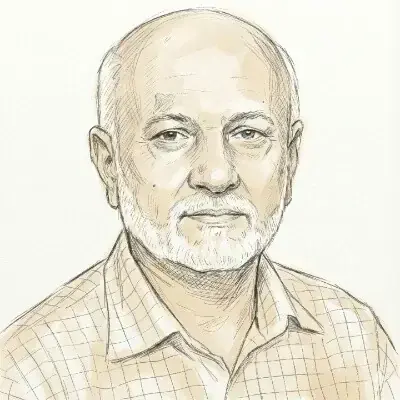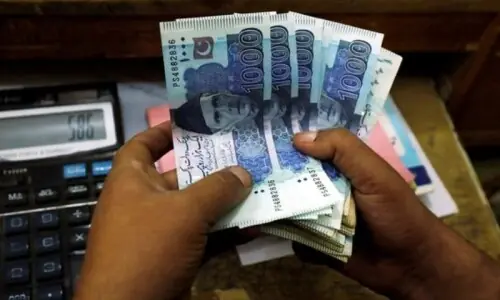ISLAMABAD: A new World Bank report on the impact of Covid-19 on South Asia’s youth says the pandemic has created 1.6 million additional idle youth in Pakistan.
The report says pre-school enrollment at the end of 2021 was down by more than 15 percentage points in Pakistan.
Enrollment among Pakistani children between the ages of six and 14 dropped by six percentage points once schools reopened, and 7.6 million children in the country alone have dropped out of school.
The new report, “Collapse and Recovery: How Covid Eroded Human Capital and What to Do About It” released on Thursday, presents the first comprehensive analysis of global data on the pandemic’s impact on young people at key developmental stages: early childhood (0-5 years), school age (6-14 years), and youth (15-24 years). It finds that in South Asia, today’s students could lose up to 14.4 per cent of their future earnings due to Covid-19-induced education loss.
In South Asia, between April 1, 2020, and March 31, 2022, schools were fully or partially closed for 83 per cent of the time, significantly longer than the global average of schools being closed for 52 per cent of that same period. Among school aged children, on average, for every 30 days of school closures, students lost about 32 days of learning.
This is because school closures and ineffective remote learning measures caused students to miss out on learning and to also forget what they had already learned. As a result, learning poverty — already 60 per cent before the pandemic — has increased further, with an estimated 78 per cent of 10-year-olds in
South Asia unable to read and understand a simple written text. “The pandemic shut down schools, decimated jobs, and plunged vulnerable families into crisis, pushing millions of South Asia’s children and young people off-track and depriving them of opportunities to flourish,” said Martin Raiser, World Bank Vice President for South Asia.
In Pakistan, when compared to pre-pandemic expected learning levels, children from the poorest households were falling further behind in math during the pandemic compared to children from the wealthiest households, the report finds.
The report warns that shocks like the Covid-19 pandemic reduce both the levels of human capital and the subsequent rates of accumulation.
If losses continue to be unaddressed, both lifetime earnings and economic growth will decline for decades to come. Losses will also increase inequality.
Published in Dawn, February 18th, 2023































